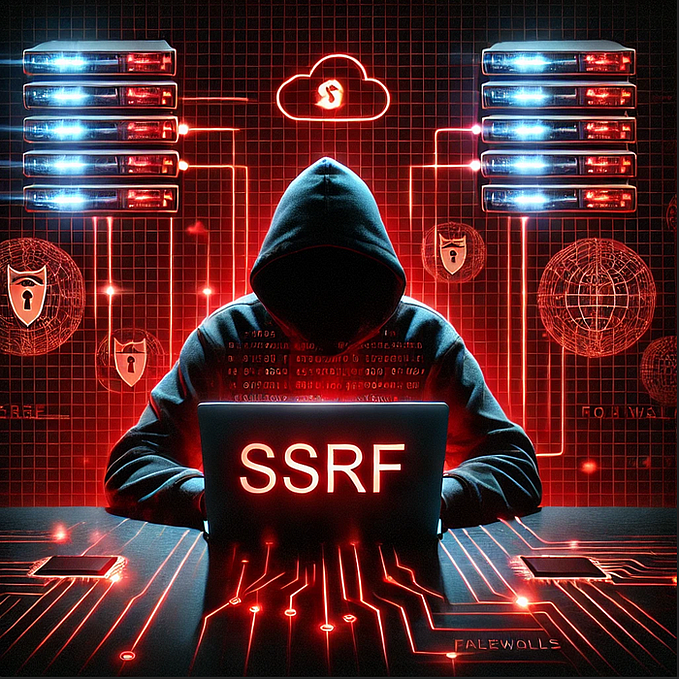Member-only story
Is CISSP Certification Still Worth It in 2025? Find Out Why You Should Consider It!
The Certified Information Systems Security Professional (CISSP) certification has long been regarded as a gold standard in the cybersecurity industry. As the world of cybersecurity continues to evolve at a rapid pace, you might be wondering if pursuing the CISSP certification is still worth it in 2025. In this blog, we’ll explore the value of the CISSP certification, its benefits, and how it aligns with the changing landscape of cybersecurity careers.
Understanding the CISSP Certification
The CISSP is an advanced-level certification offered by (ISC)², designed for experienced cybersecurity professionals who want to validate their knowledge and skills across various domains of security. It covers eight domains: Security and Risk Management, Asset Security, Security Architecture and Engineering, Communication and Network Security, Identity and Access Management (IAM), Security Assessment and Testing, Security Operations, and Software Development Security. The CISSP is often seen as a benchmark for demonstrating broad expertise and a deep understanding of cybersecurity concepts, making it highly respected by employers.
To qualify for the CISSP, candidates must have at least five years of cumulative work experience in at least two of the eight domains. This requirement ensures that those who obtain the certification possess real-world experience, which is crucial for dealing with today’s complex security challenges.
Benefits of Obtaining CISSP in 2025
1. Industry Recognition
The CISSP certification is globally recognized and often considered a prerequisite for senior-level cybersecurity positions. In 2025, as cyber threats become increasingly sophisticated, companies are looking for experts who can manage risk effectively and ensure the security of their information systems. Having a CISSP helps professionals stand out, especially when aiming for leadership roles such as Chief Information Security Officer (CISO), IT Security Manager, or Security Consultant.






